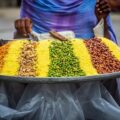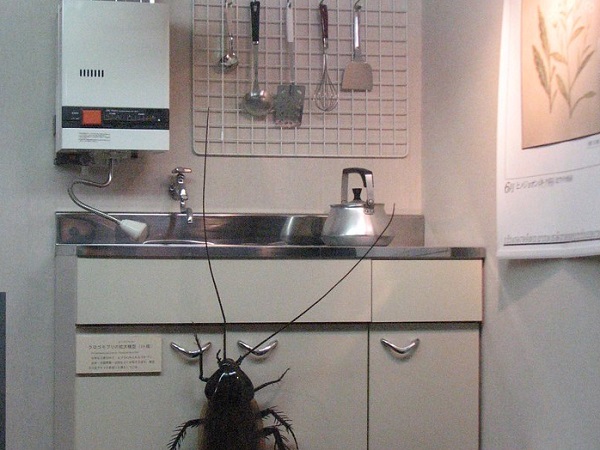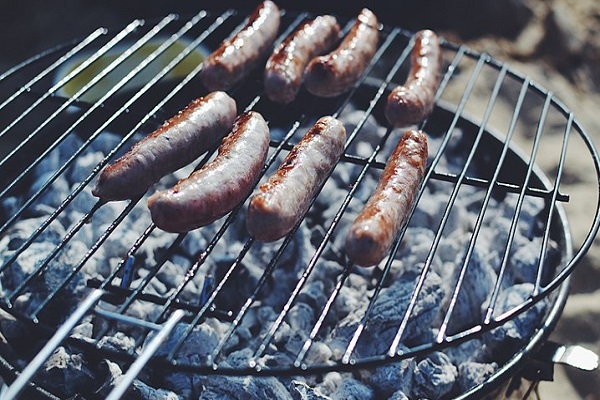
Ramadan is an extremely important month for the Islamic world. During the month of Ramadan, when fasting, one of the five pillars of Islam is carried out for one month, the eating habits of fasting people change all of a sudden. The body, which is normally fed as 3 main meals, turns into two main meals as Sahur and Iftar. A week later, we will get up for the first Sahur of Ramadan and have the first Iftar. It is not too late to prepare the body for nutrition. In this last week, we have been eating our daily diet in accordance with fasting. We can reduce it to two meals and stay away from pastries and excessively fatty-salty-sugar foods.
Especially in hot summer, we can accustom our bodies to daily water consumption of 2-2.5 litres. We talked about the pre- Ramadan month in winter, but what should we do while fasting? In the rest of our article, you will find the answer to this question in 10 items. It is the last few Ramadans, since fasting is observed in the summer season, the period of fasting can reach 18-19 hours, and therefore the body can become exhausted. It should not be forgotten that fat, protein, carbohydrates and minerals should be taken in sufficient and balanced amounts for the energy to be taken at Sahur and Iftar depending on age and gender.
Ramadan In terms of food culture, abundance and diversity at the tables are indispensable. Even in moderate tables, there can be several times more than the amount of food that can be enough for one person. After a long period of fasting, with low blood sugar, it may be inevitable to consume food quickly and more than needed. Buddha returns to us as road, water, electricity and excess weight.
So, what should we do to fulfil our religious obligations and not lose our body in terms of health at the end of 1 month?
Constipation
For the constipation problem that develops due to nutrition, fibrous foods such as legumes, wholegrain foods and vegetables should be preferred.
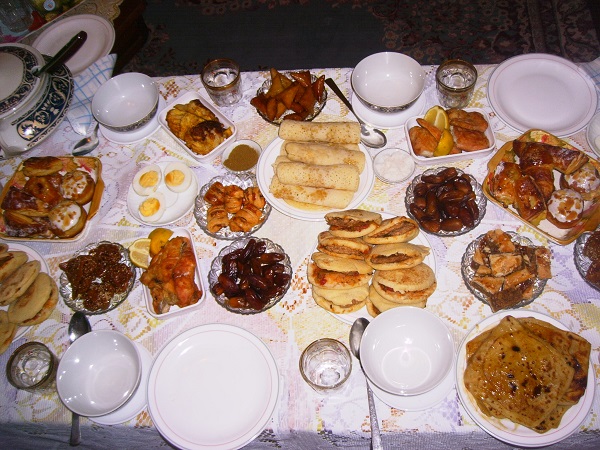
Cooking
During Ramadan, especially fried, roasted and smoked foods should be avoided. Instead of these, it should be preferred to prepare our meals by grilling, boiling and cooking in the oven.
Movement
After Iftar, instead of sitting in front of the TV, it should be preferred to go out for light-paced walks and short excursions.
Portion
Instead of loading up on all meals at once, meals should be consumed in small portions and at regular intervals. It should not be forgotten that the feeling of fullness from the brain to the stomach disappears 15 minutes after the first bite.
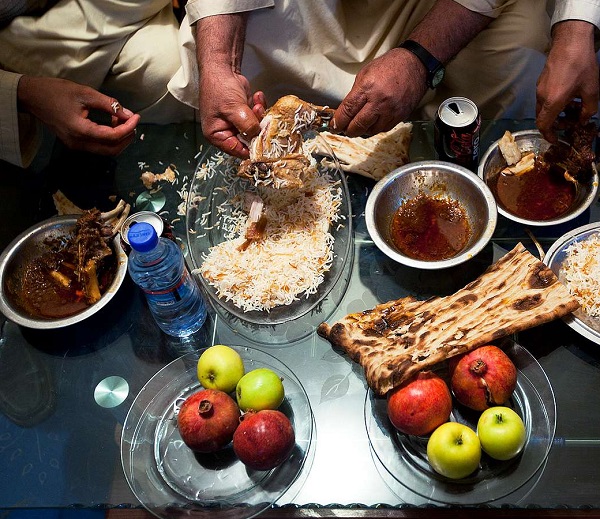
Slow Food
It should not be forgotten that after about 17 hours of fasting, meals should be consumed slowly and chewed, not fast.
Desserts
Instead of excessively fatty and syrupy desserts, milky desserts that are lighter and low in calories should be preferred.
This
Water is extremely important for health. It should not be forgotten that 2-2.5 litres of water should be consumed between Iftar and Sahur in Ramadan. Not only water but also buttermilk, soda and fresh fruit juices can be preferred.
Iftar
Iftar should be started with light foods such as soup, such as breakfast, and after a 15-minute rest, main meals should be started.
Suhoor
Sahur must be taken off. One should not fast by eating late at night or drinking only water before going to bed. A diet in the form of breakfast should be preferred rather than fatty meals in Sahur. By chopping fresh fruit or dried fruit into a bowl of yoghurt, you will consume the right food.
Nutrition
Your diet during the month of Ramadan; should be in the form of two main meals, Iftar and Sahur, and a snack 1.5-2 hours after Iftar. As a result, it should be indispensable for us to have an adequate and balanced diet during this important month.


